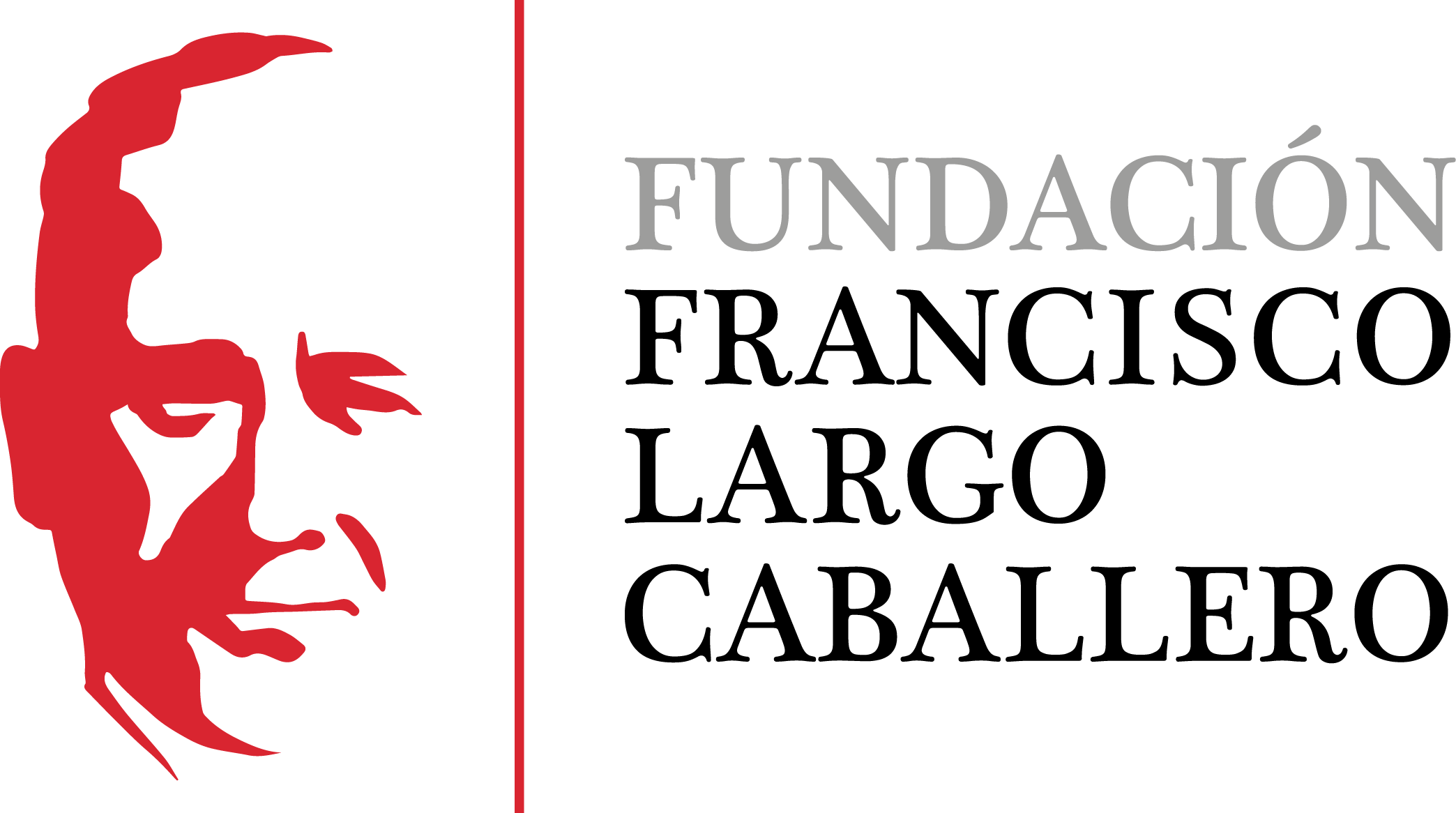Franco’s repression and Leonese exile
DOI:
https://doi.org/10.69791/rahc.15Keywords:
repression, exile, life stories, memory, oblivionAbstract
Franco’s dictatorship imposed itself on society through repression after the coup of July 1936. Violence, an essential element of the regime, caused persecutions, disappearances, executions, people interned in prisons and concentration camps, economic repression, gender repression and hundreds of thousands of people driven into exile. The Leonese diaspora shaped a map of exile from Europe to Latin America, forming part of the scientific and cultural avant-garde. In Europe many people from León fought against Nazism and fascism during World War II, standing out with their presence in the French Resistance against the Germans, and suffered first in French internment camps and then in Nazi concentration camps, such as Mauthausen. This paper analyses how the application of the mechanisms of Franco’s repression in the province of León forced many people into exile. They are life stories of both anonymous people and people who have been protagonists in the social, political and cultural sphere.
Downloads
Global Statistics ℹ️
|
128
Views
|
80
Downloads
|
|
208
Total
|
|
Downloads
Published
How to Cite
Issue
Section
License
Copyright (c) 2022 José Javier Rodríguez González

This work is licensed under a Creative Commons Attribution 4.0 International License.
Alcores is an open-access journal. It provides unrestricted access to its content from the moment of publication. We respect intellectual property rights, and for this reason, the author retains the copyright. All content is distributed under a Creative Commons Attribution 4.0 International (CC BY 4.0) license. The terms of the license can be consulted at: https://creativecommons.org/licenses/by/4.0/
This license allows sharing (copying and redistributing the material in any medium or format) and adapting (remixing, transforming, and building upon the material for any purpose), provided that authorship and first publication in this journal are properly credited, a link to the license is included, and any changes made are indicated.
This type of license facilitates the freedom of reuse and ensures that the content of this journal can be used to meet research needs.





